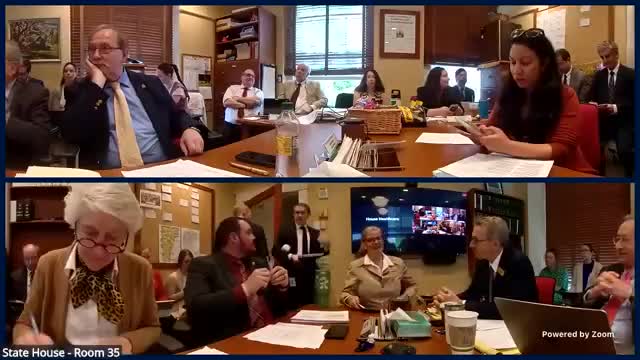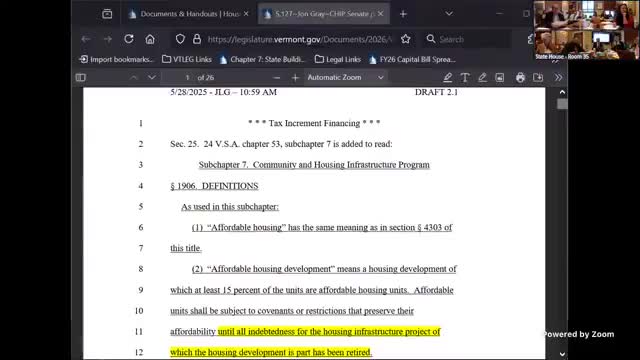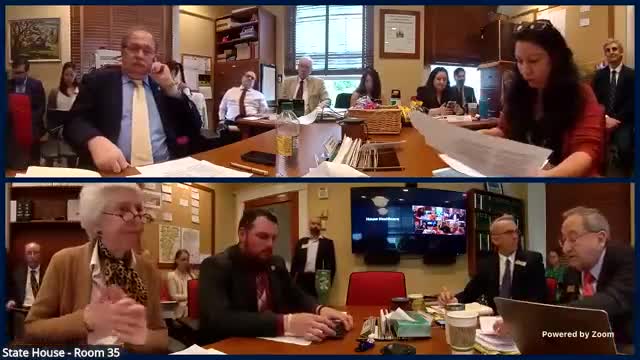Article not found
This article is no longer available. But don't worry—we've gathered other articles that discuss the same topic.

Rep. Elizabeth Burrows urges universal-design study to address severe housing accessibility gap

Senate draft ties affordability to loan life, broadens primary-residency rule in housing infrastructure bill

